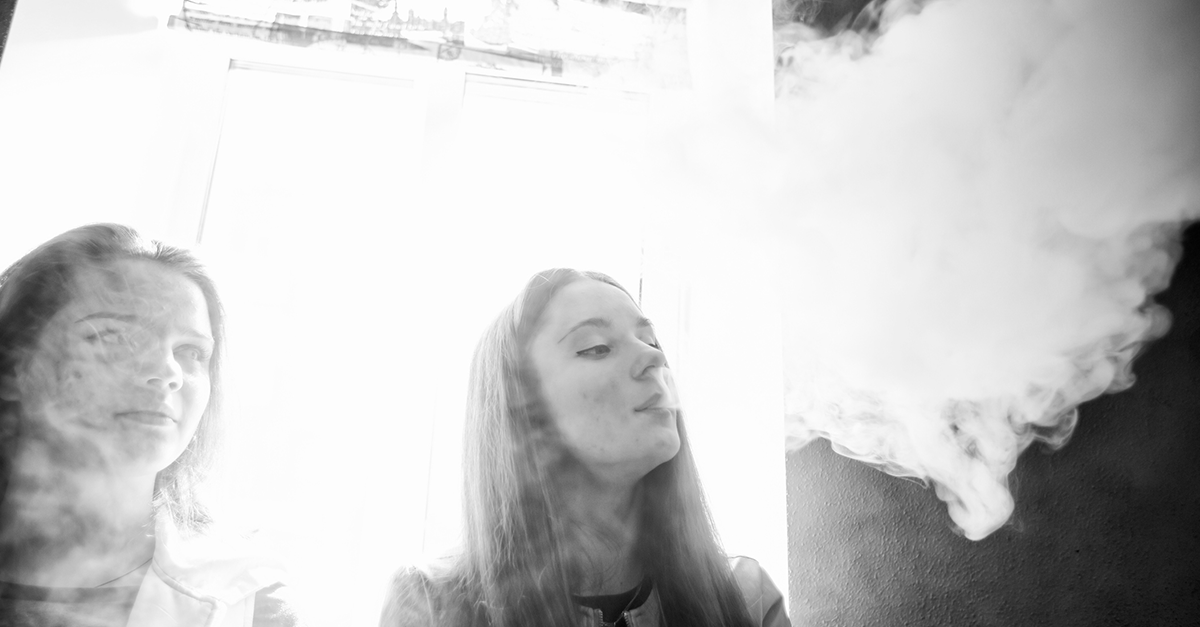Northern California Camp Creek Fire
The filing deadline for 2018 Camp fire loss claims was December 31, 2019
December 2019 Update
The Official Tort Claimants Committee (“TCC”), representing fire victims and other tort claimants in Pacific Gas & Electric’s (“PG&E”) bankruptcy reorganization, announced an agreement with PG&E to provide $13.5 billion in compensation for the fire victims and other tort claimants. This agreement comes after months of the TCC negotiating with PG&E on behalf of fire victims and other claimants.
The $13.5 billion—comprised of cash, equity and other consideration—if approved, would be used to fund a trust dedicated to compensating these tort claimants and help fire victims rebuild their lives. The fire claims that would be channeled to the trust include claims arising from the 2015 Butte Fire, the 2016 Ghost Ship Fire, the 2017 North Bay Wildfires (including the Tubbs Fire), and the 2018 Camp Fire. The $13.5 billion settlement reflects a $5.1 billion increase from PG&E’s prior proposal of $8.4 billion.
Devastation in Paradise, Butte County
Most destructive wildfire in California history kills 85, tens of thousands evacuate
Lieff Cabraser represents the families of persons who died in the Camp wildfire as well as homeowners who lost their homes in the blaze.
On December 13, 2018, Lieff Cabraser filed a wrongful death and negligence lawsuit in California Superior Court in San Francisco against Pacific Gas & Electric (PG&E) on behalf of the family of Ernest Francis “Ernie” Foss, beloved father and musician, who was killed in the November 2018 Camp Fire, the deadliest and most destructive wildfire in modern California history. The lawsuit alleges that the Camp Fire was started by unsafe electrical infrastructure owned, operated, and (improperly) maintained by PG&E.
Earlier, on December 5, 2018, Lieff Cabraser filed a class action lawsuit in California Superior Court in San Francisco against PG&E for the devastating property damage, economic losses, and disruption to their homes, businesses, and livelihoods caused by the Camp wildfire (“Camp Fire”), started on November 8 by unsafe electrical infrastructure in Butte County owned, operated, and maintained by PG&E. The fire virtually leveled the town of Paradise, destroying nearly 14,000 homes and causing 86 deaths and many injuries.
Plaintiffs Kevin Burnet and Leslie Moore; Darwin Crabtree and Sandcrabtree; Joseph Garfield; Robert Eldridge; and Benjamin Greenwald d/b/a Greenwald Pest Defense, individually and on behalf of all others similarly situated, allege in their class action complaint that despite PG&E’s knowledge that electrical infrastructure was aging, unsafe, and vulnerable to environmental conditions, PG&E failed to take action that could have prevented the deadliest and most destructive wildfire in California’s history. By the time the fire was finally contained on November 25th, more than 150,000 acres (230 square miles) had been decimated – an area about five times the size of San Francisco.
Earlier, on November 27, 2018, U.S. District Court Judge William Alsup issued a formal request to PG&E asking the utility to account for any role it might have played in causing the Camp fire, California’s deadliest and most destructive wildfire.
Background on the November 2018 Camp Wildfire
On Thursday, November 8, 2018, a fire broke out in Northern California near Chico that quickly grew to massive size, and that has now affected over 141,000 acres, killing at least 86 people and effectively obliterating the town of Paradise as well as destroying well over 12,000 structures, and causing the evacuation of multiple tens of thousands of area residents, 10 of whom are still missing and unaccounted for. As reported by the AP, as early as 11/9 PG&E informed a Northern California woman that power lines were sparking on her property the day before the Camp wildfire, now the deadliest fire in California history, began; several days later, PG&E filed a notice of a second line failure possibly related to the fire. The New York Times reported that Cal Fire has determined that of the 21 major fires last fall in Northern California, at least 17 were caused by power lines, poles and other equipment owned by PG&E.
Our thoughts and our hearts go out to our neighbors, colleagues, and friends in northern California, especially those who have lost their lives, homes, and businesses in this newest series of horrific fires. It is with deep gratitude that we recognize the safety personnel and first responders working tirelessly to bring the fires under control and provide aid during this extremely difficult time throughout the affected areas.
Lawsuits on Behalf of California Wildfire Victims
Lieff Cabraser currently represents plaintiffs who suffered losses in the 2017 North Bay Wine Country fires, where Elizabeth Cabraser and Lexi Hazam serve in leadership roles in lawsuits against PG&E as Chairs of the Class Action Committee and on the Individual Plaintiffs’ Executive Committee, as well in litigation against Southern California Edison on behalf of those who whose homes, businesses, and lives were devastated by the Thomas Fire and mudslides in Southern California in late 2017 and early 2018, where Ms. Hazam and Robert Nelson serve as Co-Lead Counsel. We are now investigating a wide range of legal claims on behalf of those displaced, injured and otherwise affected by this latest series of fires.
Civil Litigation News
Douglas Cuthbertson to Discuss “Consumer Data Privacy” at Upcoming NASCAT Annual Meeting
Lieff Cabraser partner Douglas Cuthbertson will be a featured speaker at the 2025 NASCAT annual meeting. Doug will be speaking on the
San Francisco Schools Receive Financial Boost From Settlement With JUUL
As reported by the S.F. Chronicle, the San Francisco Unified School District has been awarded a substantial $24.65
Final Approval Granted to Historic $235M Settlement with Altria in National JUUL Youth E-Cigarette Predatory Advertising, Addiction and Injury Litigation
On March 14, 2024, U.S. District Judge William Orrick of the Northern District of California issued an order granting final approval to a comprehensive
















